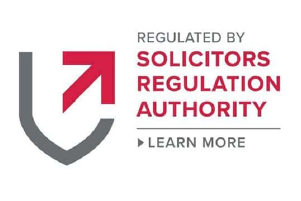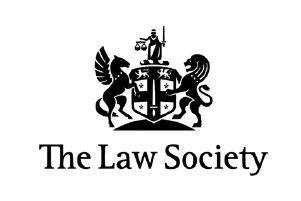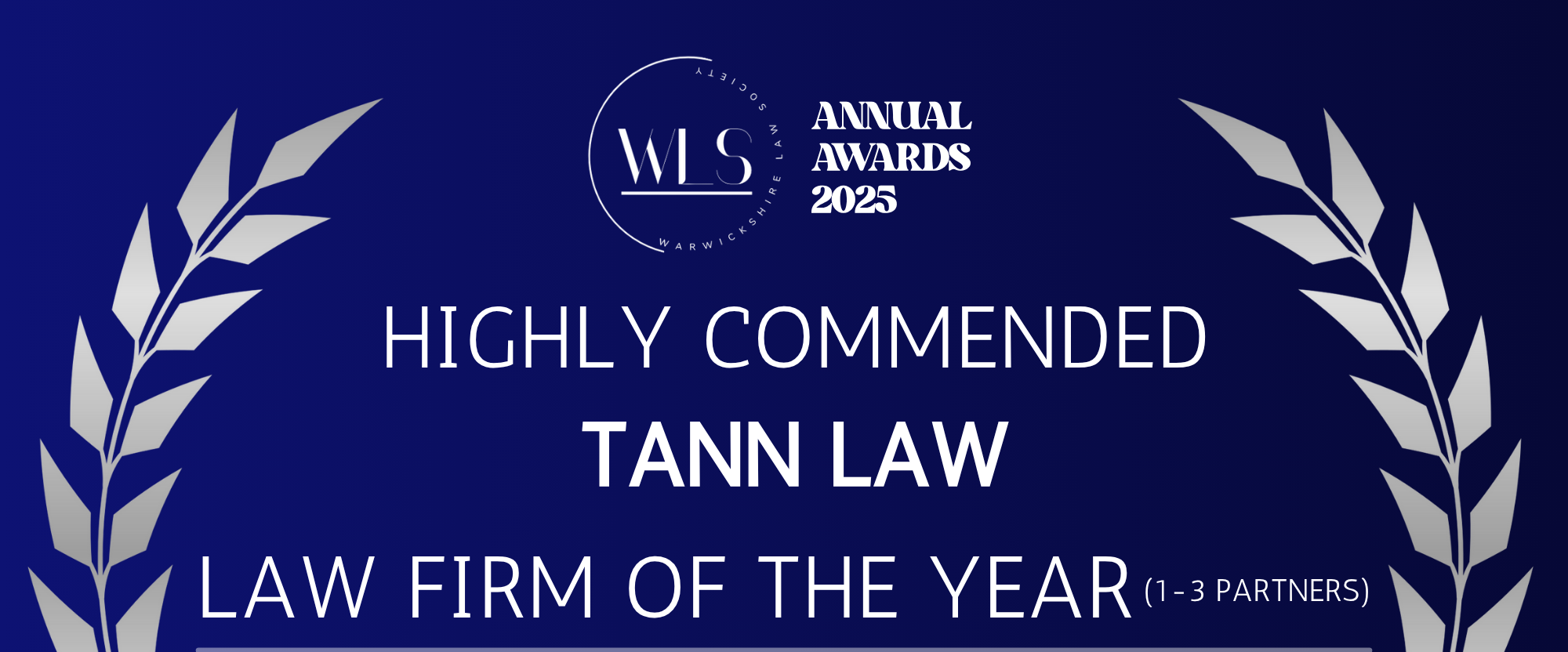Frequently Asked Questions
Welcome to our FAQs page. We understand that navigating the legal system can be complex and overwhelming. On this page, you will find answers to some of the most common questions our clients have. If you don’t see your specific question here, please don’t hesitate to contact our team who will be happy to assist you.
Home » FAQ’s – Personal Services
FAQ for EU Settlement Scheme (EUSS) Partners
What is the EU Settlement Scheme (EUSS)?
The EU Settlement Scheme (EUSS) is a UK government initiative that allows EU, EEA, or Swiss citizens and their family members, who were living in the UK before 31 December 2020, to continue living in the UK after 30 June 2021. Eligible individuals can apply for either settled or pre-settled status.
What is the difference between settled and pre-settled status?
- Settled Status: Granted to those who have lived in the UK for a continuous 5-year period. It allows you to stay in the UK indefinitely.
- Pre-settled Status: Given to those who have not yet reached 5 years of continuous residence. It allows you to stay in the UK for a further 5 years, after which you can apply for settled status.
Can I still apply to the EUSS if I missed the deadline?
Yes, you can still apply if you missed the 30 June 2021 deadline, provided you have reasonable grounds for the delay. You will need to provide evidence and a detailed explanation for your late application.
What are considered reasonable grounds for a late application?
Reasonable grounds may include medical issues, family emergencies, or other significant events that prevented you from applying on time. Each case is assessed individually, and you must provide supporting evidence.
What rights do I have with settled or pre-settled status?
Both statuses allow you to work in the UK, use the NHS, enrol in education, access public funds if eligible, and travel in and out of the UK.
How do I apply for the EU Settlement Scheme?
You can apply online through the EU Settlement Scheme application page. You will need to provide personal details, proof of identity, and evidence of your residence in the UK.
What happens if my application is refused?
If your application is refused, you may be able to apply for an administrative review or appeal the decision, depending on the circumstances. It is advisable to seek legal advice in such cases.
Can my family members apply for the EUSS?
Yes, family members of EU, EEA, or Swiss citizens can apply for the EUSS if they were living in the UK before 31 December 2020. This includes spouses, civil partners, children, and other dependent relatives.
How long does it take to get a decision on my application?
Processing times can vary, but you will usually receive a decision within a few weeks. It is important to ensure that all required documents and information are submitted to avoid delays.
What should I do if my circumstances change after applying?
If your circumstances change after applying, such as a change in address or family situation, you should update your details with the Home Office as soon as possible to ensure your application reflects your current situation.
FAQ for Upper Tribunal (Immigration and Asylum Chamber)
What is the Upper Tribunal (Immigration and Asylum Chamber)?
The Upper Tribunal (Immigration and Asylum Chamber) is a superior court of record in the UK that deals with appeals against decisions made by the First-tier Tribunal (Immigration and Asylum Chamber) on immigration, asylum, and nationality matters.
How do I appeal to the Upper Tribunal?
- To appeal to the Upper Tribunal, you must first apply for permission to appeal. This application should be made if you believe there was an error of law in the First-tier Tribunal's decision. If permission is granted, the Upper Tribunal will hear your case.
What constitutes an error of law?
An error of law can include a mistake in the application of the law, a procedural error, or a failure to provide adequate reasons for the decision. It does not include disagreements with the factual findings of the First-tier Tribunal unless those findings were irrational or perverse.
What is the process for an appeal in the Upper Tribunal?
- Application for Permission: Submit an application for permission to appeal, outlining the alleged error of law.
- Permission Decision: The Upper Tribunal will decide whether to grant permission to appeal.
- Hearing: If permission is granted, a hearing will be scheduled where both parties can present their arguments.
- Decision: The Upper Tribunal will issue a decision, which may uphold, set aside, or remit the case back to the First-tier Tribunal.
What are common reasons for the Upper Tribunal to refuse permission to appeal?
- No Error of Law: The Tribunal may determine there is no arguable error of law.
- Insufficient Grounds: The application may not sufficiently demonstrate an error of law.
- Out of Time: Applications submitted after the deadline may be refused unless exceptional circumstances justify the delay.
- Lack of Merit: The Tribunal may find the appeal lacks merit.
- Procedural Issues: Non-compliance with procedural requirements can lead to refusal.
- No Real Prospect of Success: The Tribunal may conclude the appeal has no real prospect of success.
Can I introduce new evidence in the Upper Tribunal?
Generally, new evidence is not allowed unless it is in the interests of justice. The Upper Tribunal has discretion under Rule 15 of the Tribunal Procedure (Upper Tribunal) Rules 2008 to admit new evidence if it was not available at the time of the First-tier Tribunal hearing.
What happens if I disagree with the Upper Tribunal's decision?
If you disagree with the Upper Tribunal's decision, you may apply for permission to appeal to the Court of Appeal. This is only possible if there is a point of law of general public importance.
How long does the appeal process take?
The duration of the appeal process can vary depending on the complexity of the case and the caseload of the tribunal. It is advisable to seek legal advice for an estimate based on your specific circumstances.
Is legal representation necessary for an appeal?
While it is not mandatory to have legal representation, it is highly recommended due to the complexity of legal arguments and procedures involved in the appeal process.
How can I prepare for an appeal in the Upper Tribunal?
- Review the First-tier Tribunal's decision: Understand the reasons for the decision and identify any potential errors of law.
- Gather evidence: Ensure all relevant evidence is organised and available.
- Seek legal advice: Consider consulting with a legal professional to assist with your appeal.
What is the cost of appealing to the Upper Tribunal?
There may be fees associated with appealing to the Upper Tribunal. It is advisable to check the latest fee schedule on the official government website or consult with a legal advisor.

Book Your Consultation Today










Get In Touch
"*" indicates required fields
